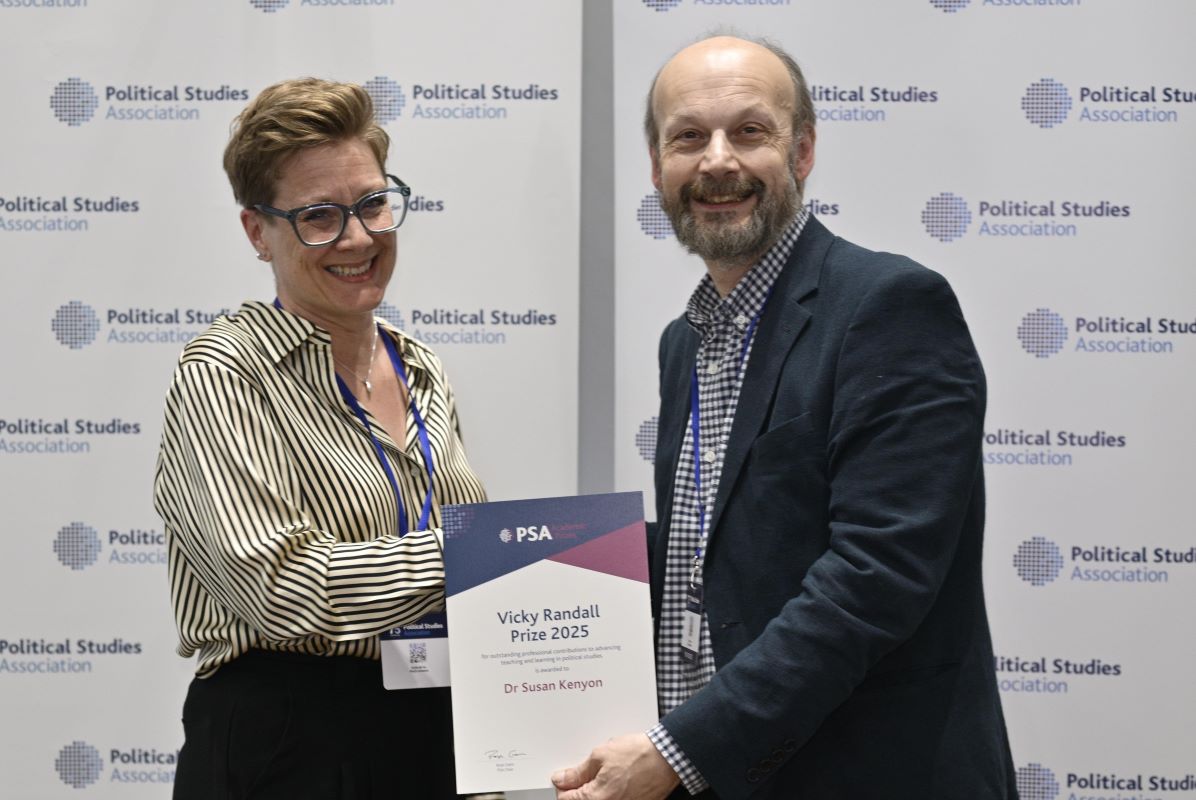Over half of workers don’t trust the use of ChatGPT in the workplace

Since ChatGPT’s launch last November, the search for artificial intelligence has rocketed by 242%.The chatbot, which has attracted over 100 million users, has been the centre of much debate in recent months, especially when it comes to its position within the workplace.
Keen to learn more about the use of ChatGPT within businesses across the UK, Indusface surveyed 2,000 workers across varying job levels and sectors, to find out more about the use of ChatGPT in the workplace.
Adding to the findings, Venky Sundar, Founder and President of Indusface shares his insight around the risks and benefits of using ChatGPT in the business world.
Key Findings:
- The Advertising industry ranks as the sector using ChatGPT the most whilst working, with almost two fifths (39%) of respondents utilising the bot.
- The Legal industry ranks second, with 38% of respondents claiming they use ChatGPT at work.
- Writing up reports is the most common reason for using ChatGPT at work, with more than a quarter (27%) of respondents naming this as their reason for using this form of AI.
The top 10 industries utilising ChatGPT the MOST
| Rank | Industry | % of workers using ChatGPT |
| 1 | Advertising | 39% |
| 2 | Legal | 38% |
| 3 | Arts & Media | 33% |
| = 4 | Information & Communication Technology | 30% |
| = 4 | Construction | 30% |
| = 6 | Real Estate & Property | 29% |
| = 6 | Manufacturing | 29% |
| = 6 | Call Centre & Customer Service | 29% |
| = 9 | Healthcare & Medical | 28% |
| = 9 | Government & Defence | 28% |
Please see the full dataset containing the survey results here.
The study by Indusface reveals that Advertising is the industry which uses ChatGPT the most on the job, with almost two fifths (39%) ofemployees admitting to using it for work. Among them, 11% admit to using it frequently, more than once a week.
Only slightly more than 5% of people working in the industry said they will never use ChatGPT, showing a more welcoming and open-minded attitude towards applying ChatGPT within the advertising industry.
Businesses within the Legal sector rank as the second industry using ChatGPT the most. 38% of legal workers surveyed admit to using ChatGPT or alternative methods of AI for work. This is perhaps unsurprising since recent reports show that AI is reshaping the legal industry by improving contract efficiency and automation.
Arts & Media comes in third place, with 33% of workers within the sector admitting to using ChatGPT for their work.
According to the findings, art workers are applying AI to their work more frequently than any other industry within the top 10, with over 13% admitting to using it at least once a week.
Despite the popularity of ChatGPT, according to the survey by Indusface, over half (55%) of business workers stated that they do not trust working with another business who uses ChatGPT or similar AI in their workplace!
The top five ways UK businesses are utilising ChatGPT
| Rank | Reasons businesses use ChatGPT | % of business using it for this reason |
| 1 | Writing up reports | 27% |
| 2 | Translations | 25% |
| 3 | Research purposes | 17% |
| 4 | Client emails | 11% |
| 5 | Internal emails | 8% |
According to the survey conducted by Indusface, work reports are most likely to be written by ChatGPT or AI, with it being the top reason people (27%) are using AI for!
Coming second is translation with a quarter (25%) of people using ChatGPT at work for this reason. The third reason is for their own research purposes (17%).
At the bottom of the table, 11% of employees are using ChatGPT to write their client emails!
Venky Sundar, Founder and President of Indusface shares his insight on the risks and benefits of using ChatGPT:
“Specific to business documents the risks are: legal clauses have a lot of subjectivity, and it is always better to get these vetted by an expert. The second risk is when you share proprietary information into chatGPT and there’s always a risk that this data is available for the general public, and you may lose your IP. So never ask chatGPT for documentation on proprietary documents including product roadmaps, patents and so on.
“The benefits are that a V1 draft could be easily obtained, and it is helpful to frame thoughts especially for generic templates such as email templates and so on.
“For application security, the risk is, you are unsure that the code snippets written by ChatGPT are secure. You will still need to perform in-depth security testing before deploying them.
“The maturity level of addressing the data and ownership of trust is still not well defined and the businesses are right in not trusting it completely as they are worried about the use or more appropriately misuse of their data. Like every technology, there will be early adopters, but these people are tech savvy and a minority. For everyone to adopt, it will take its own time.
“ChatGPT or LLMs in general have made the development cycles very short. It is easier now to convert an idea to a working proof of concept in a matter of days when compared to months before.
“The risk though is that POC should just be used for that purpose. If you go to market with the POC, there could be serious consequences around application security and data privacy.
“The other risk is with just using LLMs as an input interface for the products and there could be prompt injections and the risk is unknown there.
“One thought process is the knowledge base used to build productivity use cases and the knowledge base used to build defence use cases on what’s not acceptable have to be separate sources that need to be trained and updated continuously.”
Methodology:
- Indusface conducted a UK-based survey of 2,000 respondents across 25 industries.
- To do this, a UK-based survey was carried out, asking 2,000 respondents across 25 industries questions such as whether they trust ChatGPT(or similar AI) , how often do they use ChatGPT at work and what are they using ChatGPT for at work
- An aggregation of the survey results from each industry was then completed, to calculate the percentage of respondents’ answers to each question.
- To ensure data accuracy, three industries (Sales, Science & Technology and Consulting & Strategy) were excluded from the final ranking due to a lower number of respondents.
- The survey was conducted September 2023 and is accurate as of then.











Responses